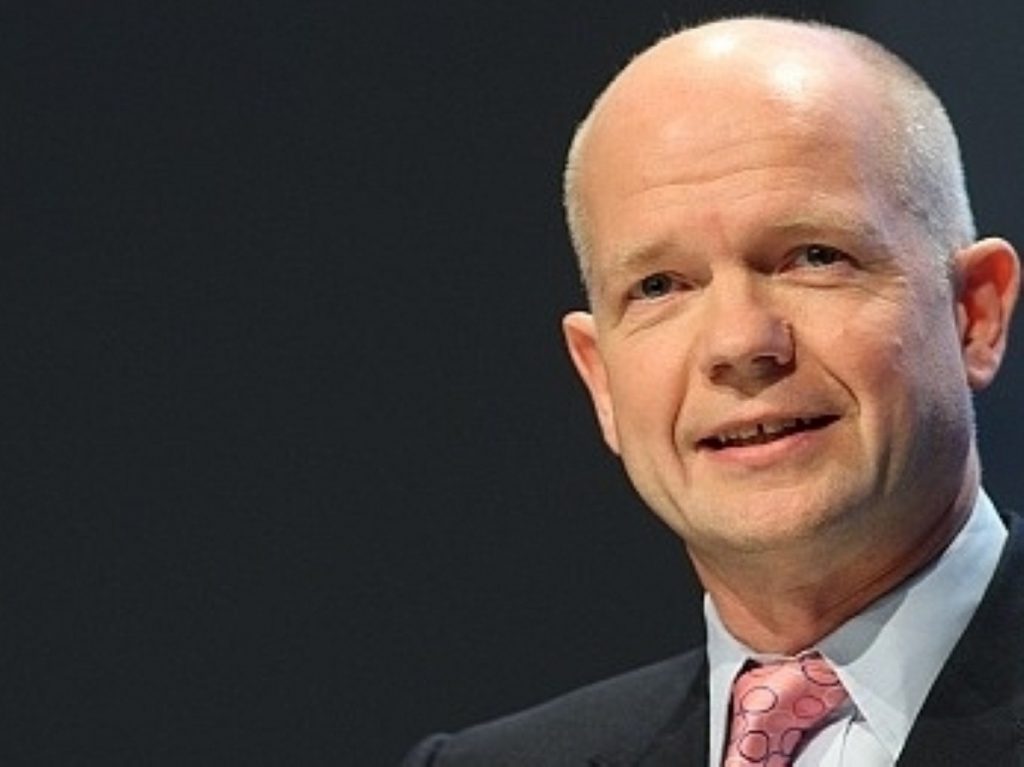Hague gives no quarter on Iran
By Peter Wozniak
William Hague has told Iran Britain will not let up international pressure over Tehran’s nuclear ambitions.
The foreign secretary met his opposite number Manouchehr Mottaki at a planned rendez-vous at the UN, where the two men exchanged views.
Mr Hague stated prior to the meeting: “We agreed to sanctions in June… Now is the time for Iran to engage in real negotiation, in actual constructive dialogue, about its whole nuclear programme.


“The unity of the E3+3 [UK, France, Germany, US, Russia, China] shows that Iran can’t simply walk away from this and refuse to talk about it. The world is not going to forget about this issue.”
Mr Hague is understood to have stressed that the UK had no desire to be enemies with Iran, but stands full square behind the international pressure on the regime, and urged the Iranian foreign minister to reconsider the country’s attitude to its nuclear programme.
In return, Mr Mottaki stated Iran’s concerns over the sanctions regime and isolation over what it argues is a peaceful civilian programme.
The meeting is characterised as having been one of two men agreeing to disagree rather than coming to any common ground on the issue.
Britain, along with five other interested countries – the United States, China, Russia, France and Germany – passed sanctions on Iran in three months ago to incentivise a change in position over the nuclear issue.
Analysts do not expect the sanctions to have any lasting effect on the regime’s stance, but Mr Hague argued that the unity and determination of the international community to not allow Iran to develop a nuclear weapon remains undimmed.
The foreign secretary warned: “Iran’s nuclear programme threatens to bring about a nuclear arms race”
“Iran mustn’t think this is the Western World demanding sanctions. This is the world saying this to Iran and this is the message from today’s meeting”.
“They should not underestimate our desire for dialogue. It is a twin-track approach”.
Tony Blair has previously issued stark warnings over Iran, saying military action may be necessary, though in the aftermath of Iraq and with all minds concentrated on the deeply unpopular conflict in Afghanistan, it is unlikely the current government would take such a step.

